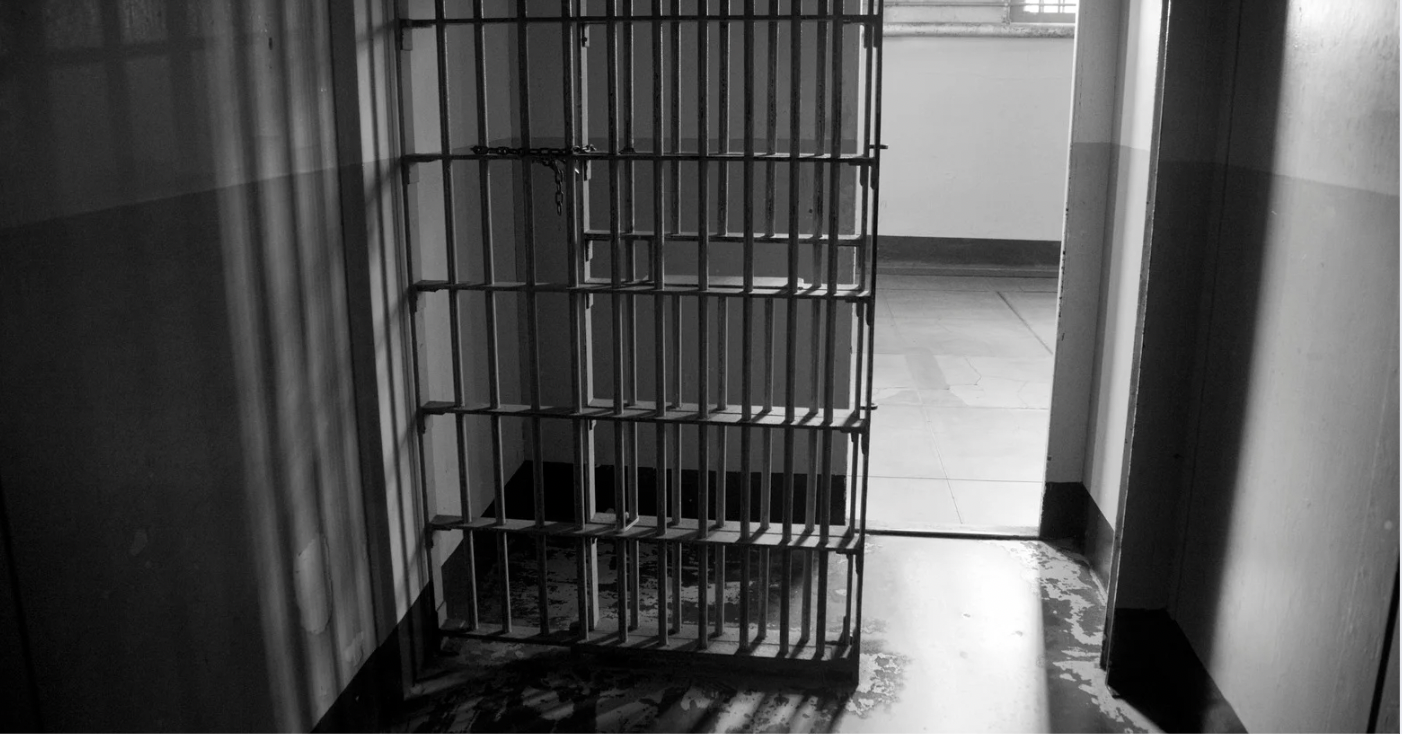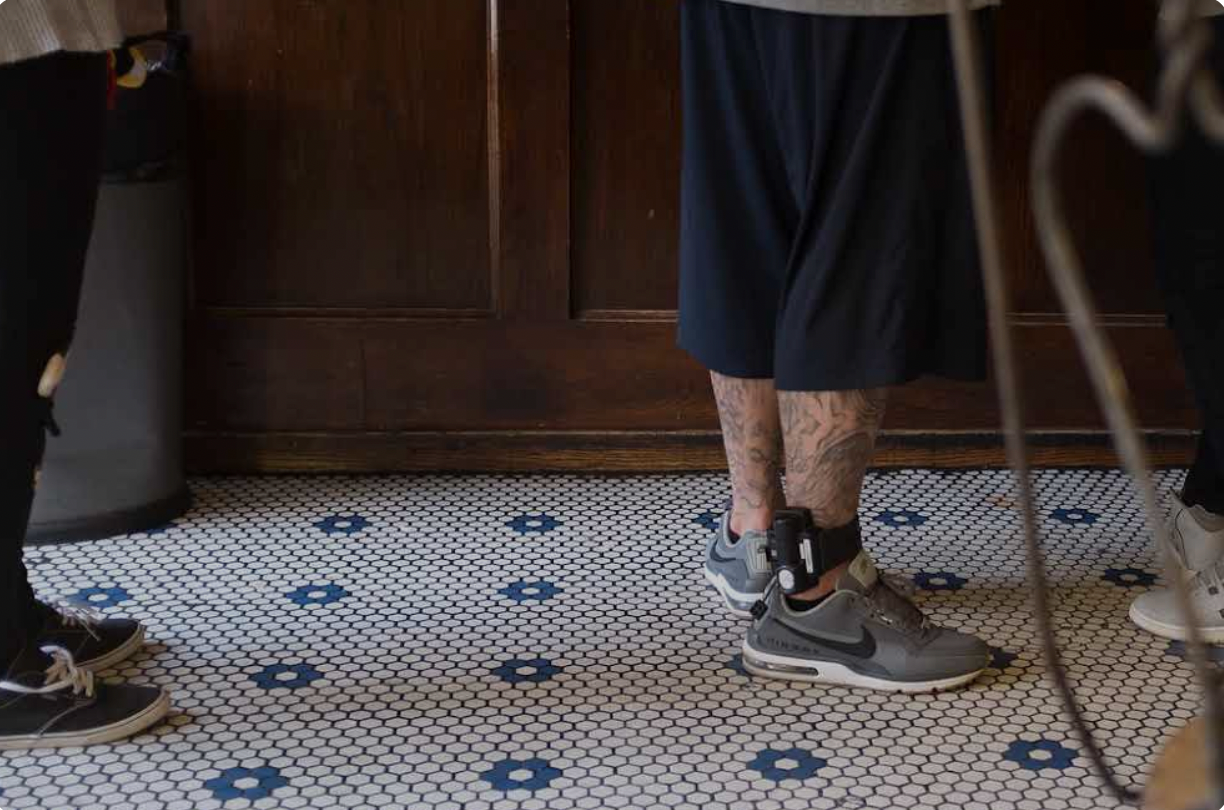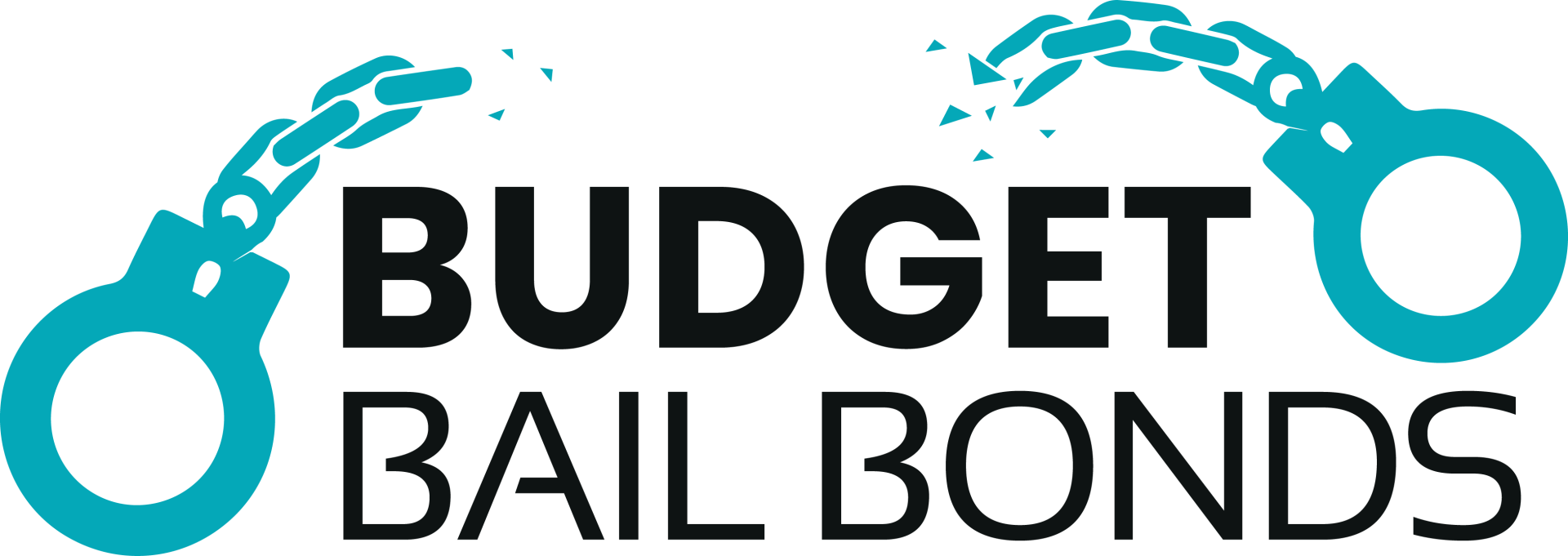How Do Bail Bondsmen Make Money?
Bail bondsmen play a crucial role in helping individuals secure release from jail while awaiting their court hearings, but how exactly do bail bondsmen make money? The bail bond process allows defendants to pay a fraction of their bail amount upfront instead of the full amount, and the bail bondsman takes responsibility for the rest. In return, the bondsman charges a non-refundable fee for their services, which is how they generate revenue. Let’s take a closer look at how this process works.
The Role of a Bail Bondsman
When someone is arrested and bail is set, they have two main options: either pay the full bail amount themselves or work with a bail bondsman. Often, bail is set at amounts that can be difficult for individuals to pay upfront, especially for serious offenses. That’s where bail bondsmen come in. They post bail on behalf of the defendant, allowing them to be released from jail without having to pay the entire sum.
In exchange for their service, the bail bondsman charges a fee—usually a percentage of the total bail amount, commonly around 10%. This fee is non-refundable, regardless of the outcome of the case, and it serves as the primary source of income for bail bondsmen.
How Bail Bondsmen Make Money
Bail bondsmen make money through the fees they charge to defendants or their families for posting bail. Here’s a breakdown of how the process works:
- Non-Refundable Fee: When a defendant hires a bail bondsman, they are required to pay a percentage of the total bail as a fee for the bondsman's service. This fee is non-refundable, even if the defendant attends all court dates and the case is resolved. For example, if bail is set at $10,000 and the fee is 10%, the defendant will pay $1,000 to the bail bondsman. This fee is the bail bondsman’s profit.
- Collateral: In some cases, if the bail amount is high, the bondsman may require collateral in addition to the fee. Collateral can be in the form of property, cars, jewelry, or other valuable items. If the defendant meets all court obligations, the collateral is returned. However, if the defendant skips bail, the bail bondsman can keep the collateral to cover potential losses.
- Forfeited Bonds: If a defendant fails to appear in court (also known as skipping bail), the bail bondsman is liable to the court for the full bail amount. In such cases, the bondsman may lose money if they cannot recover the bail from the defendant. To minimize losses, bail bondsmen often hire bounty hunters to track down defendants who skip court.
Risk and Reward
While bail bondsmen earn money from the fees charged to clients, there is also a level of risk involved in the business. If a defendant fails to show up for court, the bail bondsman is responsible for paying the full bail amount to the court. To protect themselves, bondsmen typically require collateral for higher bail amounts and employ enforcement methods, such as bounty hunters, to ensure defendants appear in court.
Understanding the Bail Bonds Process? Let Budget Bail Bonds Help!
Now that you understand how bail bondsmen make money and the service they provide, if you or a loved one needs help posting bail, Budget Bail Bonds
is here for you. We offer affordable, transparent bail bond services to help you get back home quickly and avoid unnecessary time in jail.
Contact us today for fast, professional assistance—we're available 24/7 to guide you through the bail process and answer any questions you have!











